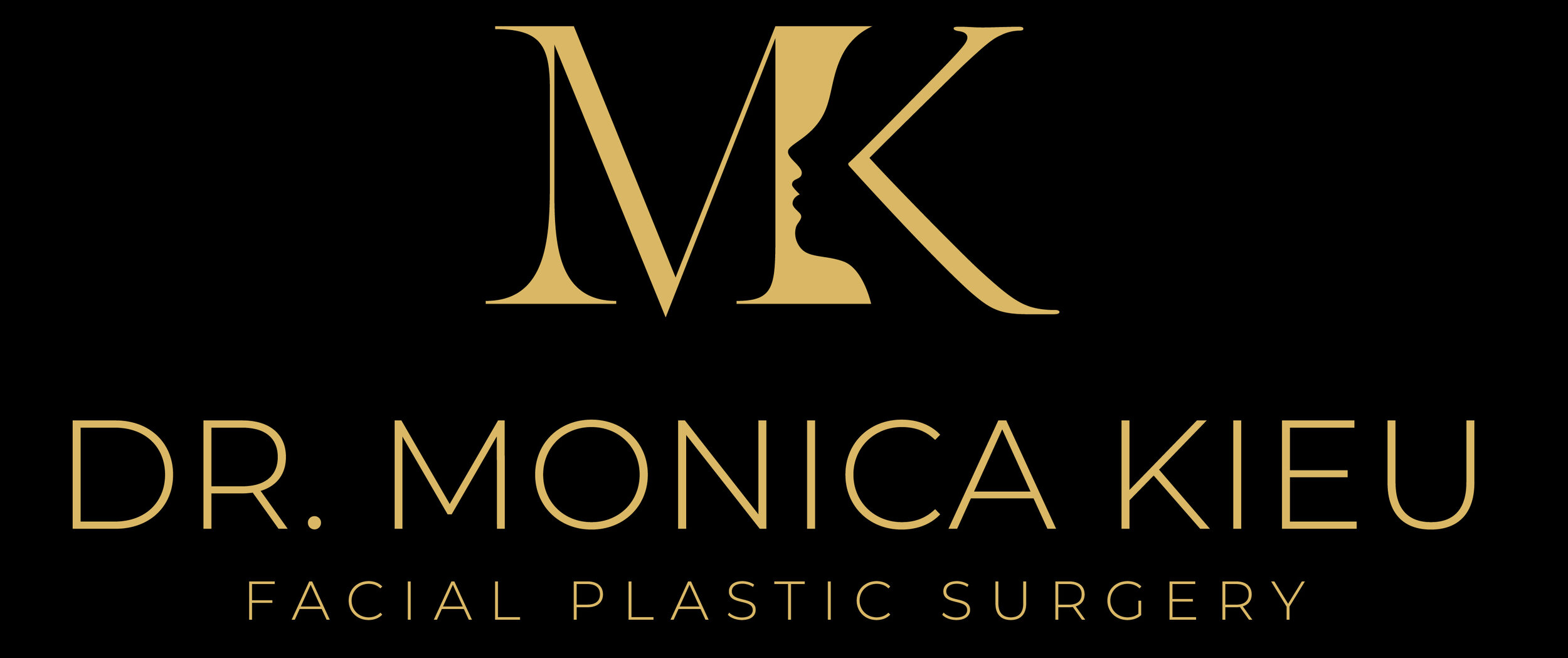Beauty filters are fun, but also consider this...
As a facial plastic surgeon, I have seen a significant increase in patients requesting procedures that mimic the filters commonly used on social media. With the rise of apps like TikTok, Instagram and Snapchat, filters have become a staple in the world of social media. They can instantly transform a photo, making the skin look smoother, the eyes brighter, and the face more symmetrical. While filters may seem harmless and even fun to use, there are potential pitfalls to their use, especially when it comes to body image and mental health.
Filters and Body Image
One of the main concerns with filters is the impact they can have on body image. Social media has become a place where people showcase their lives, and there is a pressure to look perfect in every photo. Filters can create an unrealistic expectation of beauty, leading people to feel insecure about their appearance. The filters can also be addictive, leading individuals to feel like they need to use them in every photo to maintain their online presence.
Filters and Mental Health
The impact of filters on mental health cannot be ignored. Studies have shown that social media use is associated with depression, anxiety, and other mental health issues. The constant comparison to others on social media can lead to feelings of inadequacy and low self-esteem. Filters can exacerbate these issues by making it difficult to distinguish between what is real and what is not. This can lead to a distorted sense of reality, where people feel like they cannot measure up to the filtered images they see on social media.
Filters and Plastic Surgery
Another concern with filters is the impact they can have on plastic surgery. Many individuals are using filters to preview the results of plastic surgery before they commit to a procedure. While this may seem like a helpful tool, it can also be problematic. Filters can create an unrealistic expectation of what plastic surgery can achieve. Patients may come in with an expectation of a certain outcome, only to be disappointed when they see the real results. This can lead to a dissatisfaction with the surgery and even a negative perception of the surgeon. To counteract this, I always have an in-depth discussion with my patients about what is achievable with surgery!
Filters and Dysmorphia
The excessive use of filters can also lead to a condition known as Body Dysmorphic Disorder (BDD). BDD is a mental health condition where an individual becomes preoccupied with perceived flaws in their appearance. They may spend hours each day trying to fix or hide these flaws, often to the point where it interferes with their daily life. The use of filters can exacerbate this condition by creating a distorted view of the individual's appearance. They may become obsessed with achieving the look created by the filters, leading to an unhealthy preoccupation with their appearance.
Filters and Ethical Concerns
Finally, there are ethical concerns with the use of filters. Social media influencers and celebrities often use filters to promote products and services, like skincare or weight-loss products. This can be misleading to consumers who may not be aware of the extent to which the images have been altered. There have been cases where celebrities have been called out for promoting beauty products using filtered images, leading to accusations of false advertising.
Conclusion
In conclusion, the use of filters on social media and in photos has become ubiquitous. While they may seem harmless, there are potential pitfalls to their use. Filters can create an unrealistic expectation of beauty and lead to body image and mental health issues. They can also create unrealistic expectations for plastic surgery and even lead to the development of Body Dysmorphic Disorder. There are also ethical concerns with the use of filters in advertising. As a Facial Plastic Surgeon, I encourage individuals to be aware of these potential issues and to use filters in moderation. Even with surgery, there are limitations to what outcomes can be achieved. It is important to remember that the images we see on social media are often not reflective of reality, and that true beauty comes from within!

